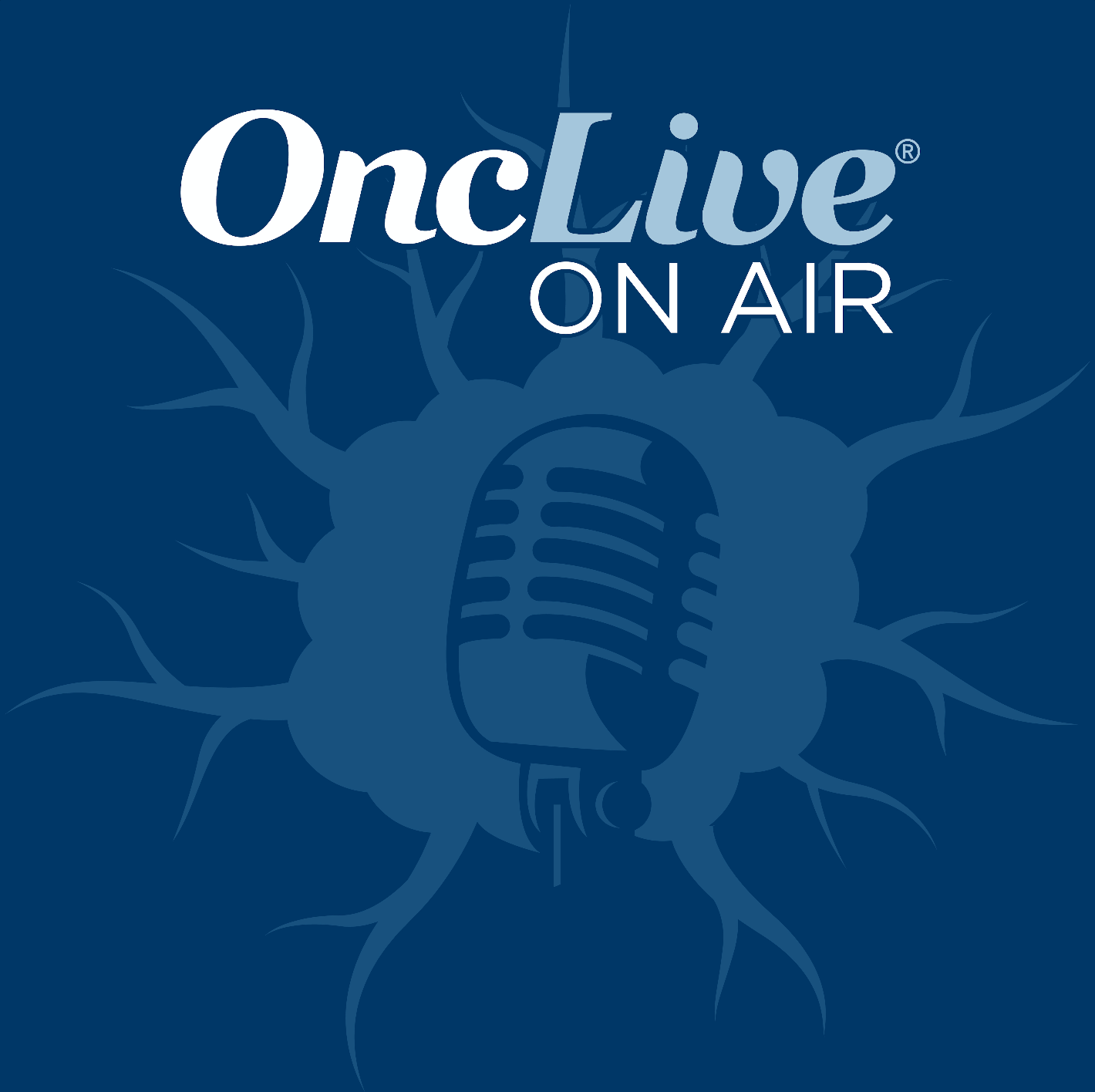Video
Dr. Borgen Discusses the Global Impact of Biosimilars
Author(s):
Patrick I. Borgen, MD, chair, Department of Surgery, director, Breast Cancer, Maimonides Medical Center, discusses the potential global impact of biosimilars in oncology.
Patrick I. Borgen, MD, chair, Department of Surgery, director, Breast Cancer, Maimonides Medical Center, discusses the potential global impact of biosimilars in the oncology space.
It is possible that biosimilars will be more prominent outside of the United States, particularly in smaller countries that have limited access to reference products, says Borgen, and this is acceptable as long as patient outcomes remain the same. For example, in a postmenopausal woman with breast cancer, the differential effectiveness of tamoxifen and an aromatase inhibitor is there, but it is relatively small. If a drug like tamoxifen is more readily accessible, it is likely that it will dominate the global marketplaces as long as there is similarity in outcomes, he explains. The same concept might be seen with biosimilars.
Biosimilars are gradually entering the pipeline in the United States. In December 2017, the FDA approved the first trastuzumab (Herceptin) biosimilar, MYL-1401O (Ogivri; trastuzumab-dkst), for the treatment of patients with HER2-positive breast cancer or metastatic gastric adenocarcinoma. There are also FDA-approved biosimilars for rituximab (Rituxan), bevacizumab (Avastin) and filgrastim (Neupogen).








